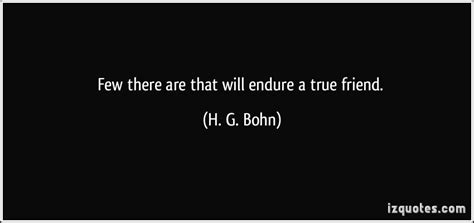A Quote by John Milton
Thus with the year
Seasons return, but not to me returns
Day, or the sweet approach of ev'n or morn,
Or sight of vernal bloom, or summer's rose,
Or flocks, or herds, or human face divine.
Related Quotes
Thus with the year Seasons return; but not to me returns Day, or the sweet approach of even or morn, Or sight of vernal bloom or summer's rose, Or flocks, or herds, or human face divine; But cloud instead, and ever-during dark Surrounds me; from the cheerful ways of men Cut off, and for the book of knowledge fair Presented with a universal blank Of Nature's works, to me expung'd and raz'd, And wisdom at one entrance quite shut out.
I know I am but summer to your heart, And not the full four seasons of the year; And you must welcome from another part Such noble moods as are not mine, my dear. No gracious weight of golden fruits to sell Have I, nor any wise and wintry thing; And I have loved you all too long and well To carry still the high sweet breast of Spring. Wherefore I say: O love, as summer goes, I must be gone, steal forth with silent drums, That you may hail anew the bird and rose When I come back to you, as summer comes. Else will you seek, at some not distant time, Even your summer in another clime.
The seasons alter: hoary-headed frosts
Fall in the fresh lap of the crimson rose,
And on old Hiems' thin and icy crown
An odorous chaplet of sweet summer buds
Is, as in mockery, set. The spring, the summer,
The childing autumn, angry winter, change
Their wonted liveries, and the mazed world,
By their increase, now knows not which is which.
Love is like the wild rose-briar; Friendship like the holly-tree. The holly is dark when the rose-briar blooms, But which will bloom most constantly? The wild rose-briar is sweet in spring ,Its summer blossoms scent the air; Yet wait till winter comes again, And who will call the wild-briar fair? Then, scorn the silly rose-wreath now, And deck thee with holly's sheen, That, when December blights thy brow, He still may leave thy garland green.
The holy heaven yearns to wound the earth, and yearning layeth hold on the earth to join in wedlock; the rain, fallen from the amorous heaven, impregnates the earth, and it bringeth forth for mankind the food of flocks and herds and Demeter's gifts; and from that moist marriage-rite the woods put on their bloom.
When winter stern, his gloomy front uprears,
A sable void the barren earth appears;
The meads no more their former verdure boast,
Fast-bound their streams, and all their beauty lost;
The herds, the flocks, in icy garments mourn, and wildly murmur for the Spring's return;
From snow-topp'd hills the whirlwinds keenly blow,
Howl through the woods, and pierce the vales below,
Through the sharp air a flaky torrent flies,
Mocks the slow sight, and hides the gloomy skies.
If on creation's morn the king of heaven
To shrubs and flowers a sovereign lord had given,
O beauteous rose, he had anointed thee
Of shrubs and flowers the sovereign lord to be;
The spotless emblem of unsullied truth,
The smile of beauty and the glow of youth,
The garden's pride, the grace of vernal bowers,
The blush of meadows, and the eye of flowers.
Sweet is the rose, but grows upon a brere;
Sweet is the juniper, but sharp his bough;
Sweet is the eglantine, but stiketh nere;
Sweet is the firbloome, but its braunches rough;
Sweet is the cypress, but its rynd is tough;
Sweet is the nut, but bitter is his pill;
Sweet is the broome-flowre, but yet sowre enough;
And sweet is moly, but his root is ill.



































